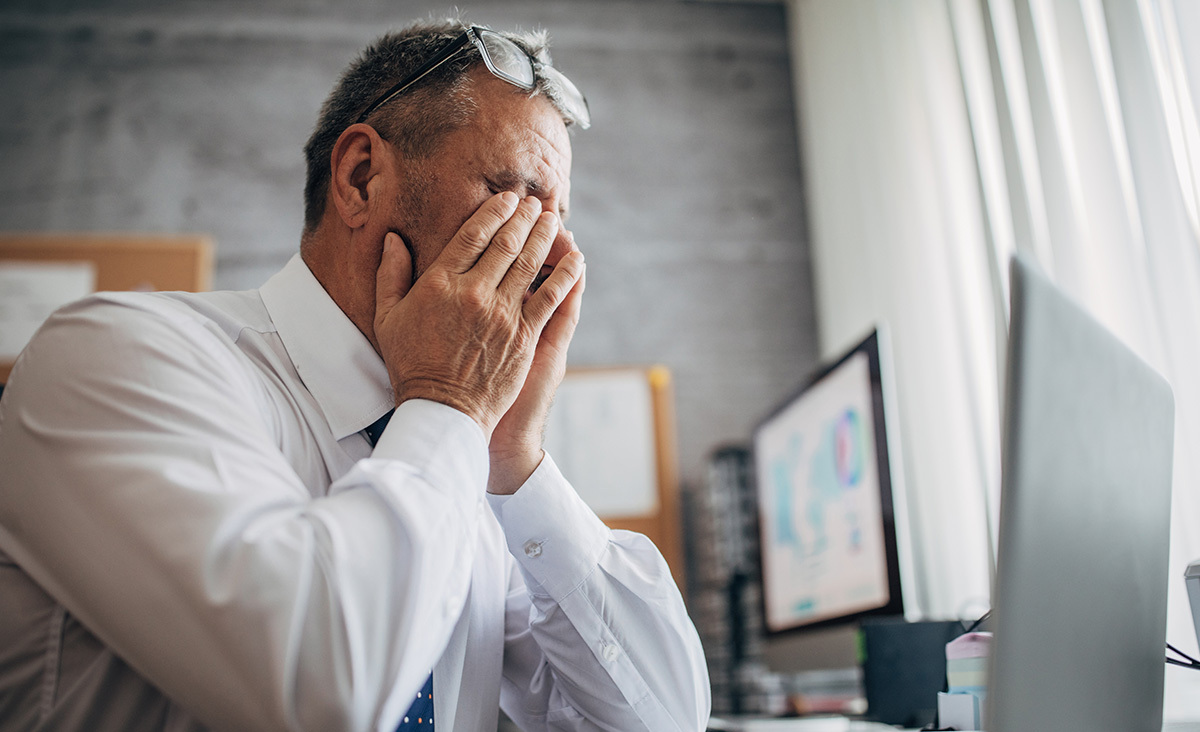Dry eye: Causes, Symptoms, and Treatments
Posted on
Add “dry” before anything and it’s just a bad situation. Dry cake. Dry bread. Dry conversation. And dry eyes! This is a condition that leaves you feeling irritated and itchy. What exactly makes an eye dry, though? How do you know if your eyes are dry or just temporarily irritated? And if you do have dry eyes, how can you treat them? Keep reading as we explore dry eye in more detail.
What are dry eyes?
There are two categories of dry eyes. The first is a condition called evaporative dry eye, which stems from and underlying condition called meibomian gland dysfunction. The second is a condition called aqueous deficiency dry eye, which results from a failure of the lacrimal glands to produce enough fluid to keep the eyes moistened.
What causes dry eyes?
There’s not just one cause for dry eyes; this condition stems from a variety of lifestyle and health factors, including the following:
- Heavy computer usage
- Contact lenses
- Aging
- Menopause
- Indoor environment
- Outdoor environment
- Air travel
- Smoking
- Health conditions
- Medications
- Eyelid problems
- LASIK
- Wearing a mask
- Allergies
What are the symptoms of dry eyes?
This one’s pretty straightforward. But did you know that watery eyes can also be a symptom of dry eyes? What seems counterintuitive actually makes perfect sense; when the eye is dry, it’ll overproduce tears as a protection mechanism. Unfortunately, the tears aren’t long-lasting and have no impact on the long-term recuperation from dry eyes. Other symptoms may include:
- Burning sensation
- Itchy eyes
- Aching sensation
- Heavy eyes
- Fatigued eyes
- Sore eyes
- Dryness sensation
- Red eyes
- Photophobia
- Blurred vision
- Foreign body sensation (feeling like something is in your eye)
- Mucus in or around the eyes
- Discomfort with contact lenses
How can you treat dry eyes?
Though not always completely curable, dry eyes can be effectively managed, resulting in sharper vision, less discomfort, and fewer overall symptoms. Some treatment options are less extensive, like eyedrops. Others are more intensive, like Intense Pulsed Light. To read more, click https://www.allaboutvision.com/conditions/dryeye.htm
